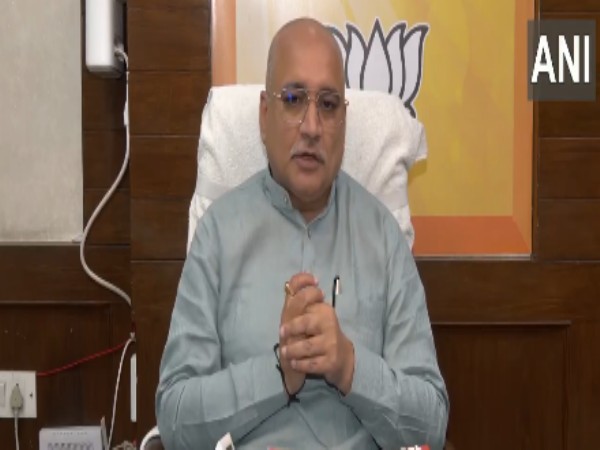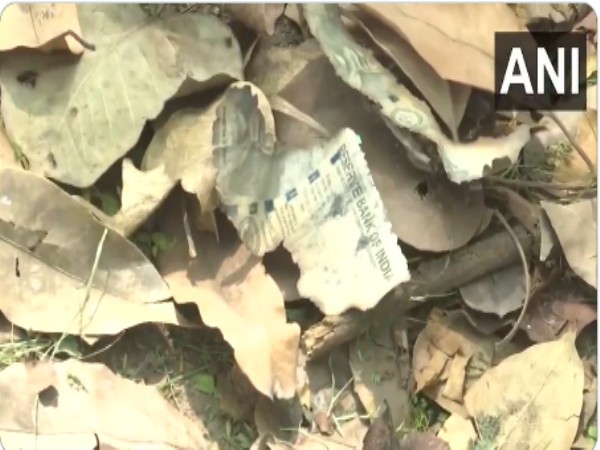NGT directs CPCB to lay down action plan to abate harmful impact of pesticides on human health, soil
Jun 26, 2020

New Delhi [India], June 26 : The National Green Tribunal (NGT) on Friday directed the Central Pollution Control Board (CPCB) to monitor and lay down action plan to minimise the harmful impact of pesticides on human health and soil.
A bench headed by NGT chairperson, Justice AK Goel asked CPCB to lay down an action plan on abating harmful impact of pesticides on human health and soil in coordination with the State PCBs.
The tribunal said that an appropriate protocol may be evolved for the purpose and circulated to the concerned agencies within four months.
NGT direction came after observing report of Ministry of Agriculture.
Ministry told the tribunal that the insecticides and pesticides are not to be blamed alone for the soil pollution but there are many other leading causes of soil pollution too. It further apprised that if the pesticides are used judiciously as per the label claims as approved by the Registration Committee they do not pose any risk.
Ministry of Agriculture told the court that the use of pesticides is of paramount importance for food security of our growing population and combating the vector-borne diseases prevalent in the country.
However, Government of India is aware and concerned that chemical pesticides are inherently toxic in nature and hence for their safe use needed to be regulated, hence, enacted the Insecticides Act 1968 and Rules were framed in l97l.
The government came up with a Central Sector Scheme known as Integrated Pest
Management during the 1990s through which it holds Farmer Field Schools (FFSs), short-duration training programmes and season-long training programmes, where the farmers are taught and trained in identification of pests and their natural enemies, and to use various cultural, mechanical and biological control methods to manage these pests below the threshold levels. They are taught to use chemical pesticides judiciously and as a last resort.
The Central and state governments organize training to farmers on safe and judicious use of pesticides including disposal of pesticides and used containers etc.
The information on harmful effects of pesticides and observance of safety in their use is also provided to the farmers during 'Krishi Melas' and other interactive meetings with farmers including the training organized by the 35 Central Integrated Pest Management Centers across the country and also 645 Krishi Vigyan Kendra (KVK) of Indian Council of Agricultural Research (ICAR), State Agriculture Universities and State Government wherein specialized scientists impart training to the farmers.
The bench was hearing Shailesh Singh plea seeking directions to restrict the use of chemical pesticides.
The applicant had referred to a study of the King George Medical College, Lucknow and news articles published in newspapers to support his contention. Singh told the bench that around seven lakh hectares of agricultural land in Aligarh division had turned into barren land citing a press report.

















